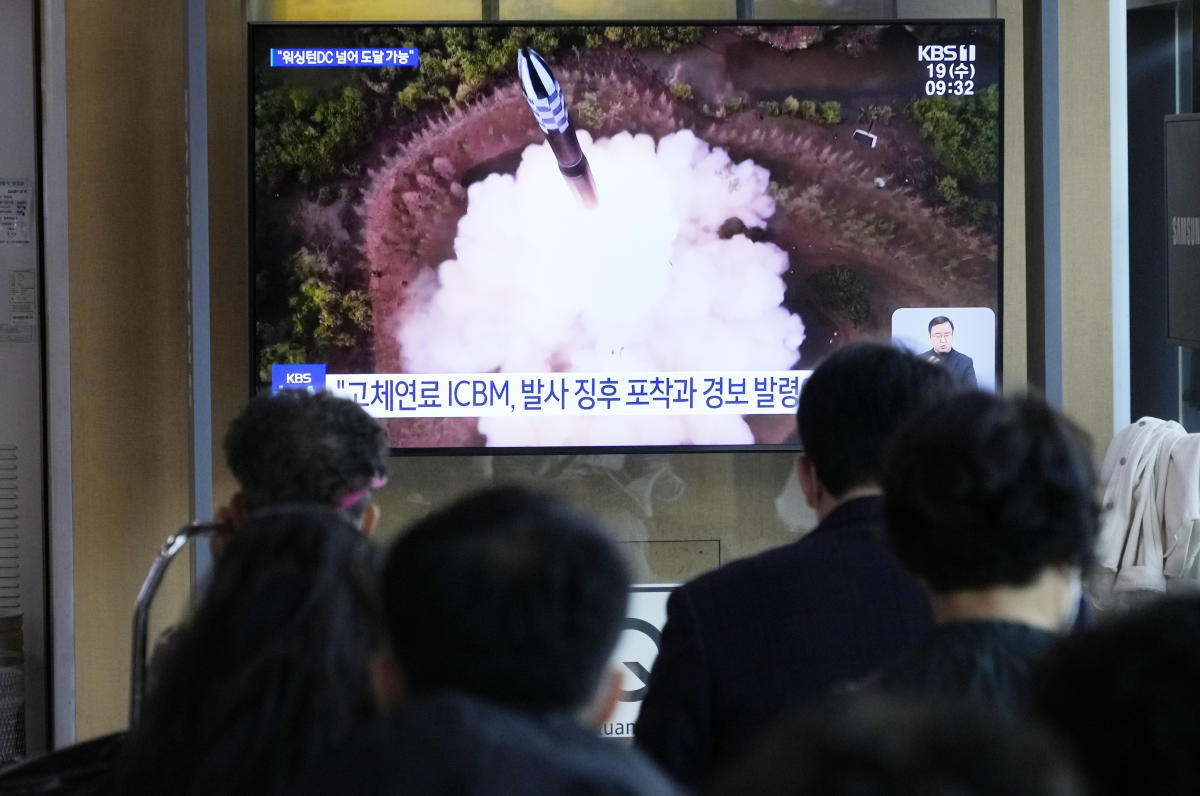#Rockaways’ only hospital could turn into 15-bed ‘micro-hospital’

“#Rockaways’ only hospital could turn into 15-bed ‘micro-hospital’”
The only hospital on the Rockaways could soon lose almost all of its beds under a proposal to convert it into a “micro-hospital” — which would also see up to 1,000 jobs lost, according to a report.
State health department officials have backed plans to effectively gut St. John’s Episcopal Hospital in Far Rockaway, despite its pivotal role during the coronavirus pandemic, the Queen’s Eagle said.
The hospital treated Queens’ first-known COVID-19 case nearly a year ago, and is in the zip code that had the Big Apple’s second-highest death rate during the peak, the local newspaper said.
St. John’s is already the only full-service hospital on the peninsula — with 257 beds and 1,126 staff — but a consulting firm working with the state has made suggestions to drastically cut capacity.
The most extreme proposal would transform it into a 15-bed “micro-hospital” — which a source told the Eagle is the Health Department’s favored proposal.
St. John’s Board Chair Rev. Lawrence Provenzano said the move would cut 1,000 employees and devastate the predominantly low-income and working-class communities who depend on the area’s only hospital.
“How can you reduce health services from this community when they clearly need more?” Provenzano told the Eagle.

“How many more people would have died if the Department of Health’s plan for St. John’s to become a 15-bed micro-hospital would have happened before the peak of the pandemic?” he added.
Queens Borough President Donovan Richards called the proposal a “death sentence for our community.”
“We should be talking about more access to healthcare, more hospitals, expanding St. John’s footprint in the Rockaways instead of these ridiculous proposals to reduce bed capacity,” he told the paper.
“To play politics with the lives of Rockaway residents is unconscionable,” Richards said.
The 15-bed micro-hospital is the most extreme of the proposals outlined. Another would turn it into a 30-bed “health plex” with 337 staff, while the least drastic would keep 91 of the current 257 beds by eliminating obstetrics, newborn and pediatric services, the outlet said.

Department of Health spokesperson Erin Silk said the state “has been working with the management of St. John’s Episcopal for several years in an effort to achieve improved health outcomes and access in the Far Rockaways.”
St John’s agreed to work with another hospital, Mount Sinai South Nassau, which hired ToneyKorf Partners “to help develop strategic options,” Silk told the Eagle in a statement.
“The Department looks forward to working with the leadership of St. John’s Episcopal in reviewing these options, among others, and is continuing to provide substantial operating support to St. John’s Episcopal,” she said.
Though cost-cutting measures have been considered for years, the severity of the proposals still shocked community leaders.
“We’re prepared to gear up for a fight,” Richards said. “If anyone thinks they’re going to close this hospital, they’re wrong.”
If you liked the article, do not forget to share it with your friends. Follow us on Google News too, click on the star and choose us from your favorites.
For forums sites go to Forum.BuradaBiliyorum.Com
If you want to read more News articles, you can visit our News category.




